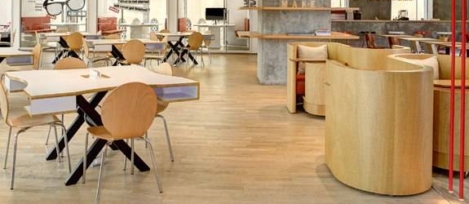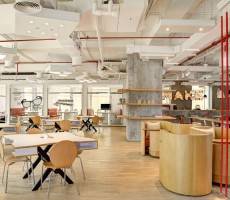July 10, 2015
UK property industry ‘lags-behind’ customer service revolution says BCO
 Only 1 in 5 office occupiers rate their property management service as ‘good’ or ‘excellent’, according to new research by the British Council for Offices (BCO). While two thirds of occupiers are happy with the quality of their office and three quarters perceive the quality of office space to have improved over the past 10 years, less than one in three occupiers feel the industry understands their business needs. This clear gap between customer expectation and customer experience has led the BCO to call on the industry to develop a better understanding of what a well-performing building looks like from an occupier perspective. The BCO has developed a new definition of building performance, which sets out to frame a more sophisticated approach for property owners and managers to engage with occupiers, focusing upon value and quality creation, rather than simply cost reduction.
Only 1 in 5 office occupiers rate their property management service as ‘good’ or ‘excellent’, according to new research by the British Council for Offices (BCO). While two thirds of occupiers are happy with the quality of their office and three quarters perceive the quality of office space to have improved over the past 10 years, less than one in three occupiers feel the industry understands their business needs. This clear gap between customer expectation and customer experience has led the BCO to call on the industry to develop a better understanding of what a well-performing building looks like from an occupier perspective. The BCO has developed a new definition of building performance, which sets out to frame a more sophisticated approach for property owners and managers to engage with occupiers, focusing upon value and quality creation, rather than simply cost reduction.


































July 9, 2015
London transport shuts down ….. agile workers unaffected …..
by Paul Carder • Cities, Comment, Flexible working, Wellbeing
(more…)